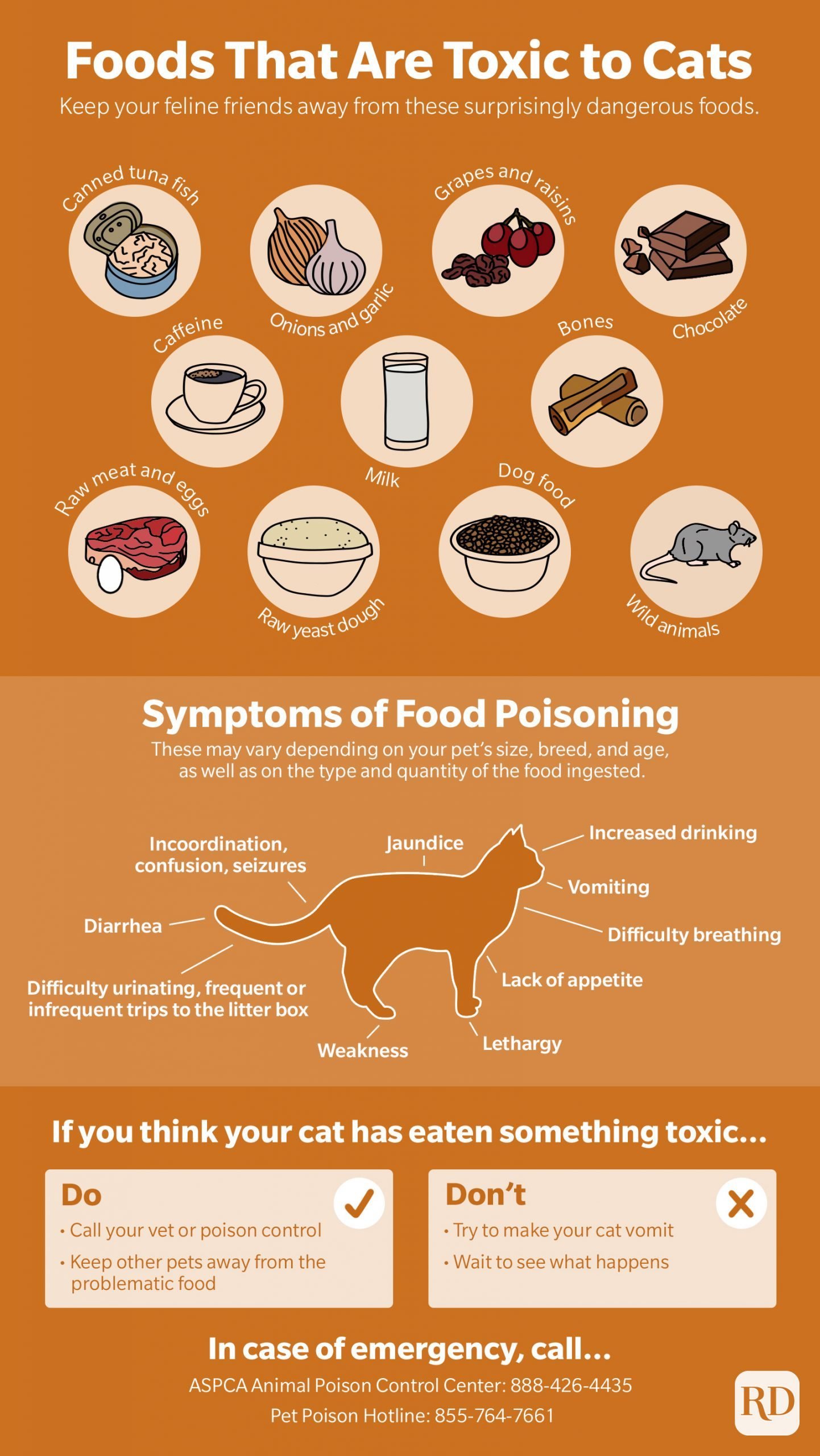
If your cat has contracted Salmonella some of the symptoms you witness may include. The most common symptoms of food poisoning are.
Symptoms Causes And Treatment.
Food poisoning symptoms cats. Vomiting and diarrhea are the first signs that your cat may have food poisoning. It is not normal for your cat to have these symptoms. If your cat suddenly exhibits these signs after eating the same food it always has there may be a problem.
The most common signs of poisoning in cats include. Lethargy or weakness wobbly gait. Tremors seizures or twitching.
Drinking more than normal or excessive urination. Red or raw skin or paw pads due to a chemical burn. Bloody vomit saliva andor stools.
Symptoms of food poisoning in cats. The symptoms of food poisoning in cats can vary depending on what your cat ate but there are some typical signs to look out for including. Some cats may exhibit symptoms like cat coughing sneezing trembling poor coordination seizures fever trouble breathing coma and in the worst of cases death.
What to Do When Your Cat Has Been Poisoned. Recognize the symptoms of poisoning. A cat may be suffering from poisoning if any of the following general symptoms are observed.
Blue tongue and gums. Seizures tremors or involuntary muscle twitching. Food poisoning symptoms can be anywhere from mild to very serious.
Your symptoms may be different depending on the germ you swallowed. The most common symptoms of food poisoning are. Alcohol can cause serious issues for your cat including vomiting tremors coma and even death.
Take your cat to the vet immediately if you think shes ingested even trace amounts of alcohol. Raw meatwhile not actually toxiccan actually give cats food poisoning much like humans from both ecoli and salmonella. Certain human foods including onions raisins coffee and chocolate can poison your cat.
Its also worth noting that although its not poisonous a common food intolerance in cats is to lactose in milk. The symptoms of poisoning can vary but the most common signs are. Poisoning at a glance.
Poisoning is a life-threatening emergency that requires immediate veterinary care. Common poisons include human medications insecticides household cleaners plants and rodenticides. Symptoms can vary but may include vomiting diarrhea drooling confusion lethargy unsteady gait.
General Symptoms Of Poisoning In Cats Signs of poisoning may include collapse seizures dullness inappetence increased excessive thirst drooling vomiting diarrhea difficulty breathing muscle tremors altered behavior as well as other more subtle signs such as reduced urination low blood pressure slow or rapid heart rate. Salmonella and Food Poisoning In Cats. Symptoms Causes And Treatment.
Similar to human beings cats can get salmonella. Felines are carnivores and as such they get their primary nutrition from meat. Unfortunately meat isnt the only risk factor when it comes to salmonella.
Your cat can get the infection from various sources. Some of the most common foods to cause poisoning in cats include. Chocolate theobromine a chemical found in chocolate is toxic to most animals and can cause illness in cats.
Signs of poisoning include vomiting diarrhoea drinking a lot and disorientation. The symptoms of salmonella poisoning usually begin to be visible between 12 hours and 3 days of ingesting the contaminated food or otherwise being exposed to the bacteria. The feline might spend between 4 and 7 days without treatment but after this time the cats life is under serious threat.
The symptoms of poisoning by chocolate in cats can be noticed after six to twelve hours and they include extreme thirst vomits salivation diarrhea restlessness and a swollen belly. After some time the symptoms get worse and include hyperactivity trembling frequent urination tachycardia bradicardia difficulty breathing and cardiac and respiratory arrest. Some pets may suffer liver damage without showing any signs in the early stages of aflatoxin poisoning and if they continue eating contaminated food they may die suddenly.
The best way to diagnose a poisoning is to observe your cat eating the poison. If there is a suspicion of poisoning your veterinarian may order tests to try and confirm or rule out the poison. Other tests usually blood and urine tests will be done to assess your cats overall health and to try and determine the cause of your cats symptoms.
If your cat has contracted Salmonella some of the symptoms you witness may include. Lack of appetite anorexia Weakness. Swelling of the lymph nodes.
Skin disease Vaginal discharge. Feeding raw food to cats is potentially dangerous to both your cat and to you according to the Centers for Disease Control and Prevention CDC the Center for Veterinary Medicine CVM and the US Food and Drug Administration FDA. With nearly 25 of the raw food samples testing positive for harmful bacteria the health risks for cats who eat the raw food as well as for the.
